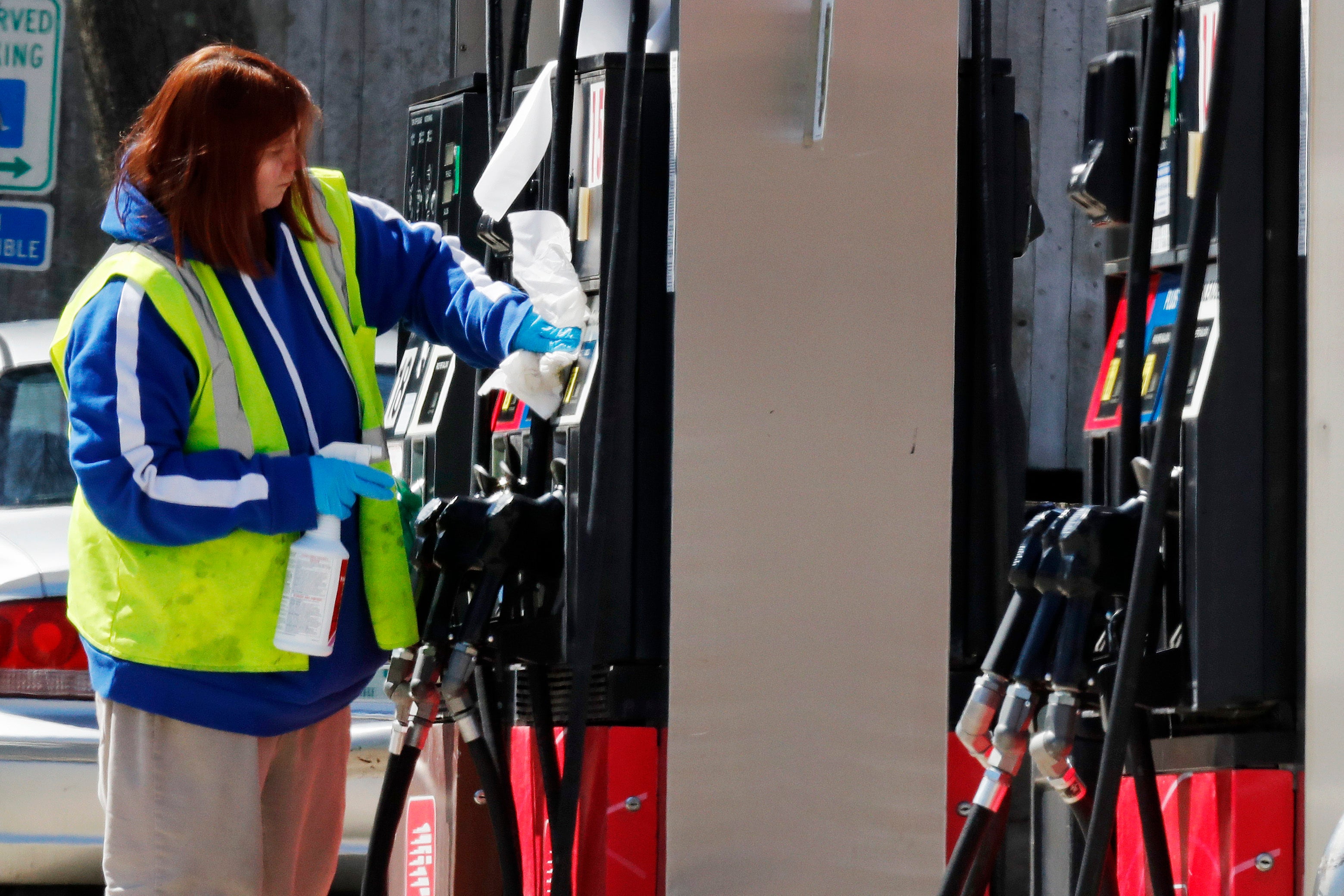Report: World demand for gasoline may never recover
The world’s once-insatiable demand for gasoline is unlikely to recover to pre-pandemic levels

Your support helps us to tell the story
From reproductive rights to climate change to Big Tech, The Independent is on the ground when the story is developing. Whether it's investigating the financials of Elon Musk's pro-Trump PAC or producing our latest documentary, 'The A Word', which shines a light on the American women fighting for reproductive rights, we know how important it is to parse out the facts from the messaging.
At such a critical moment in US history, we need reporters on the ground. Your donation allows us to keep sending journalists to speak to both sides of the story.
The Independent is trusted by Americans across the entire political spectrum. And unlike many other quality news outlets, we choose not to lock Americans out of our reporting and analysis with paywalls. We believe quality journalism should be available to everyone, paid for by those who can afford it.
Your support makes all the difference.The world's once-insatiable demand for gasoline is unlikely to recover to pre-pandemic levels, according to a report Wednesday from the International Energy Agency
Gasoline use cratered during the pandemic as cities shut down and many people began working from home, a trend that will likely continue as the COVID-19 crisis eases. Many governments also have been pushing for low-carbon alternatives.
Oil demand, meanwhile, is expected to continue rising as developing countries with growing populations use more of the fuel. But it is not expected to return to pre-pandemic levels until 2023, according to the Paris-based intergovernmental agency.
Gasoline demand is unlikely to fully return because increased demand in the developing world will be offset by consumers shifting to electric vehicles, manufacturers improving fuel efficiency and businesses increasing telework while decreasing travel, the report said.
Meanwhile, gasoline prices have surged. Americans are paying 14% more for a gallon of regular than they did in February, and 29% more than a year ago, according to AAA
That spike has been caused in part by Texas storms that knocked out power to millions of residents and took several oil refineries offline. The price of gasoline has also been boosted by oil prices that have risen along with expectations of economic recovery as coronavirus vaccines are distributed.